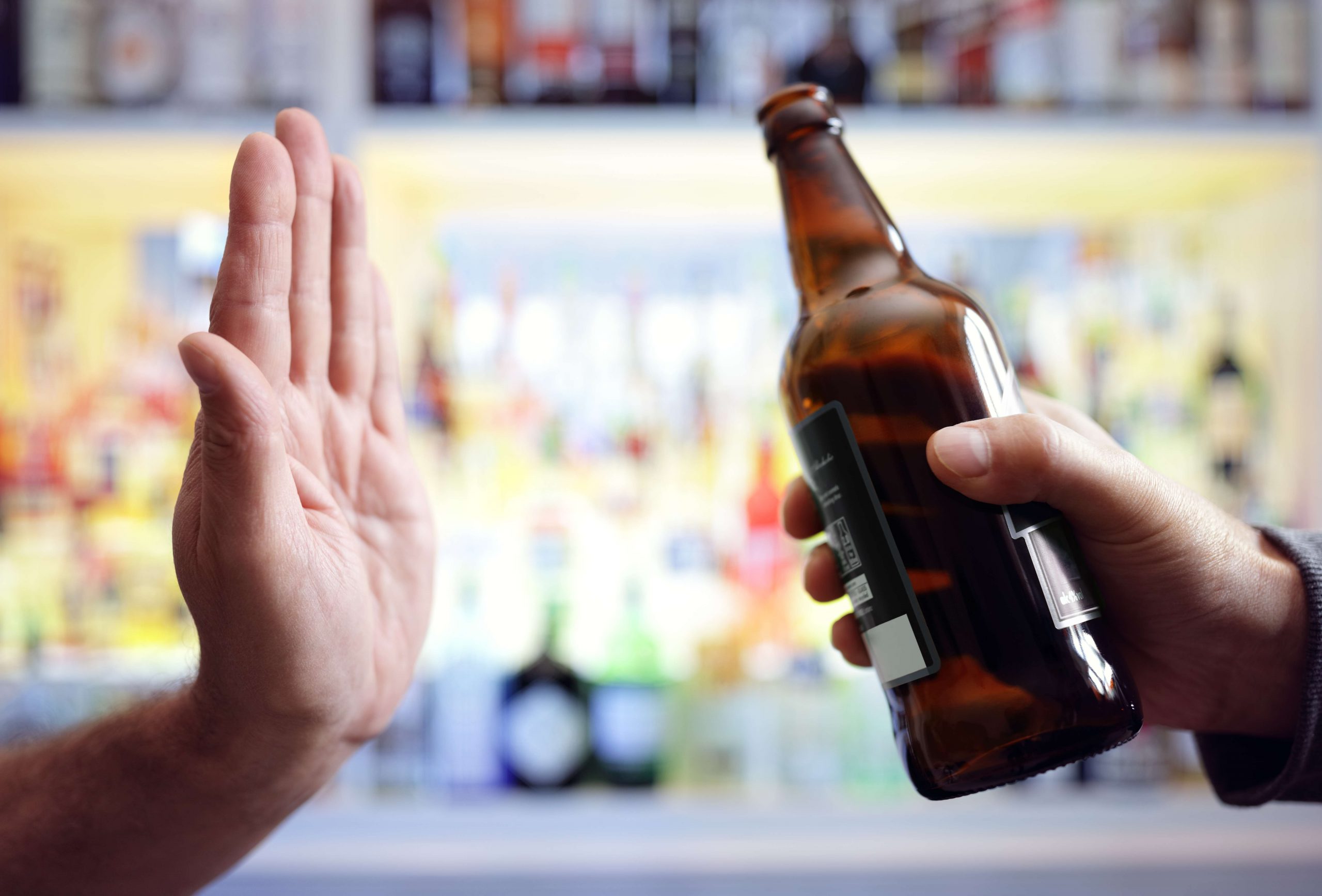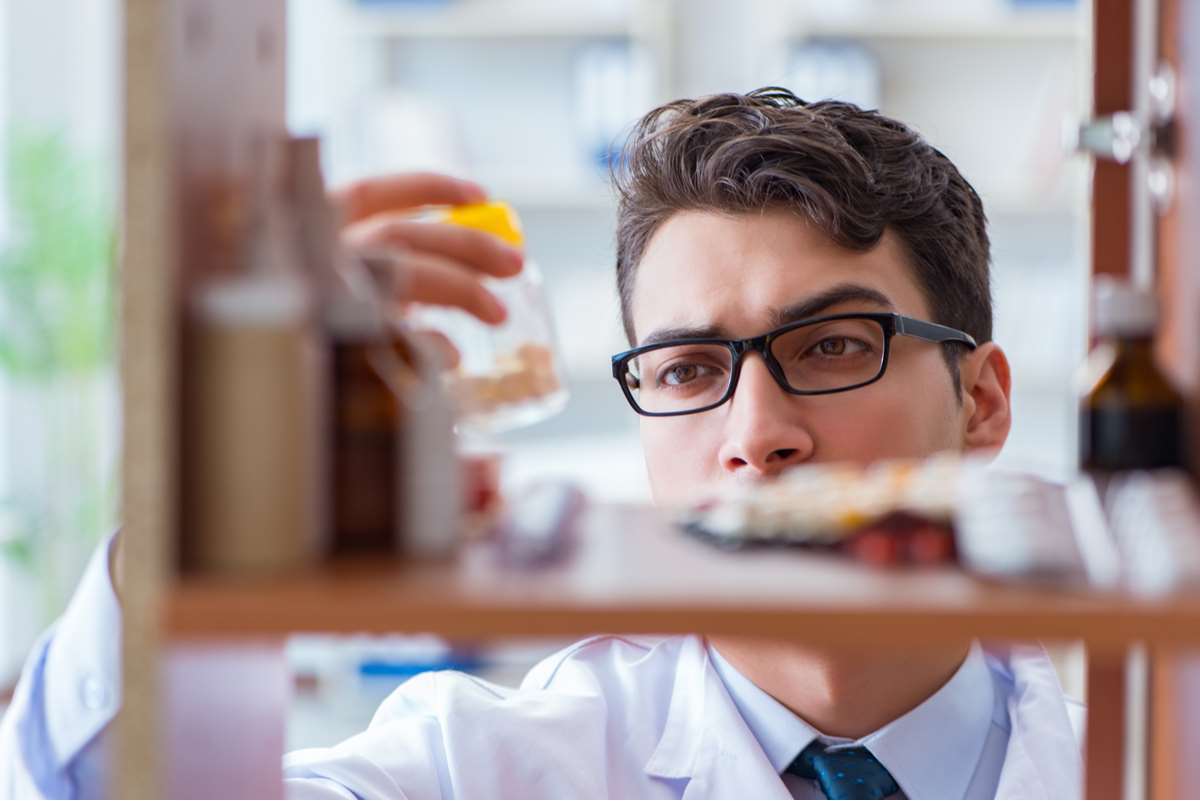Content
In alcohol dependence, reduction of alcohol, as defined within DSM-IV, can be attained by learning to control the use of alcohol. That is, a client can be offered a social learning approach that helps them to ‘cope’ with external pressures by re-learning their pattern of drinking alcohol.

Setting realistic expectations helps our patients be patient with themselves throughout the process. For example, a stressful day at work makes you feel like you need to drink.
Eating Disorders
These findings were supported by previous Vietnamese researchers who reported that most drinkers had been dependent for more than 5 years . Regarding independent variables, Sober living houses self-efficacy was at a moderate level with a mean of 46.79 (4.54). The mean of positive and negative outcome expectancies was 72.25 (9.25) and 46.48 (6.58), respectively.
Alcohol addiction is a problem characterized by a physical and psychological addiction to alcohol that controls the drinker’s every decision and behaviour. All of these problems can be addressed in an alcohol treatment physiological dependence on alcohol centre. Drug addiction is a devastating health problem that is a very heavy burden on the individual affected and the society in general. Recent research defines addiction as a neurobehavioral disorder.
Treatments For Physical Addiction
You have advanced to the stage of alcohol addiction if you are using it in a risky way, and it is causing problems in your life. You have not yet been physically or mentally addicted to this drug, despite the fact that you abuse it.
There are eight provincial hospitals and one national hospital. However, there is no specific hospital for the treatment of alcohol addiction. Patients with alcohol dependence are treated at general psychiatric hospitals or general medical hospitals. A correlational design was used to investigate the relationship between self-efficacy, outcome expectancies, cravings, motivation, coping, emotional states, social support and alcohol relapse. This is the first study in Vietnam which investigated the relationship between psychological factors and alcohol relapse in individuals with alcohol dependence.
Other variables such as negative emotional states, self-efficacy, motivation, maladaptive coping and social support were found to be significant contributors to relapse. The findings are useful in guiding healthcare providers to develop essential interventions to prevent relapse. It also suggests future experimental studies on relapse prevention in Vietnam. Secondly, there was a high-frequency use of maladaptive coping when patients experienced the risk situation of relapse. It is suggested that nurses and doctors provide information on effective coping strategies during depressive or angry situations and give patients a chance to practice these strategies in the hospital. Also, the participants reported a moderate level of craving.
Alcohol Abuse Home
There is indeed a lot of evidence that many individuals, who abuse or become dependent to any substance be it alcohol or illicit drugs, have often been exposed to previous trauma during their childhood or thereafter. The psychological side of addiction represents the compulsion of the mind to drink or use based on a perceived need the substance fills. This facet of addiction can occur even if the person doesn’t display physical dependency symptoms.

However, a healthy and open dialogue needs to be encouraged to change the way people perceive physical and psychological addiction and the many modalities of treatment available. Another notable difference is that most stimulant users will go through psychological withdrawal, rather than a physical one when they cease to use drugs. What this means, is that they will usually experience cravings and strong desires to use again. To understand what addiction is, you need to be aware of the difference between physical and psychological addiction as well as tolerance and dependence. We’ll touch on these here, and explore each in more detail below.
When Is A Dual Diagnosis Needed For Addiction To Alcohol?
Short-term residential treatment can last from 3 to 6 weeks. Long-term residential treatment can last between 6 and 12 months depending on the type of program. To perform better—using some substances may make people feel like they can focus better at work or in school. Taking more of a substance than originally was intended or taking it for a longer period of time than intended. If you or a loved one are struggling with substance use and want more information about what addiction looks like, this article will help you understand what addiction is, how it may be caused, how to identify it, and how it is treated.
Addiction vs. Dependence: Differences In Drug Abuse Terms – Addiction Center
Addiction vs. Dependence: Differences In Drug Abuse Terms.
Posted: Wed, 17 Nov 2021 08:00:00 GMT [source]
Hosted by Editor-in-Chief and therapist Amy Morin, LCSW, this episode of The Verywell Mind Podcast shares strategies for coping with alcohol cravings and other addictions, featuring addiction specialist John Umhau, MD. A double-blind evaluation of gabapentin on alcohol effects and drinking in a clinical laboratory paradigm. The CRF1 receptor antagonist antalarmin attenuates yohimbine-induced increases in operant alcohol self-administration and reinstatement of alcohol seeking in rats. Fox HC, Bergquist KL, Hong KI, Sinha R. Stress-induced and alcohol cue-induced craving in recently abstinent alcohol-dependent individuals. Brady KT, Sonne SC. The role of stress in alcohol use, alcoholism treatment, and relapse. 6A third FDA-approved medication to treat alcohol dependence (disulfiram; Antabuse®) targets alcohol metabolism. Veatch LM, Becker HC. Electrographic and behavioral indices of ethanol withdrawal sensitization.
Alcohol Addiction And Dual Diagnosis
In Vietnam, Thai Nguyen province has a high prevalence of alcohol consumption . Residents believe that alcohol is an indispensable part of socializing and refusing to drink is even regarded as rude or worse . In 2010, 19.7% of problem drinkers displayed alcohol dependence symptoms . Further, statistics from Thai Nguyen Psychiatric Hospital showed that the number of patients hospitalized due to alcohol dependence occupied nearly 42.6% of total patient beds. Furthermore, most patients (70%) unfortunately returned to drinking after treatment completion .
- The support of your loved ones is important, so they might need or want to be involved too.
- People with a substance use disorder may have distorted thinking and behaviors.
- Before splitting addiction out into physical and psychological addiction, it is helpful to understand what addiction is as an umbrella term.
- Alcohol addiction and alcohol abuse may be caused by psychological or social causes in certain people.
- Once you have all traces of the drug out of your system and you’re stable, you’ll be given treatment to address the psychological aspects of your addiction.
This service is covered by most insurance plans, and can also be delivered by computer or telephone. Excessive alcohol use is responsible for 88,000 deaths in the U.S. each year , and cost the U.S. $223.5 billion in 2006. Blood tests can only reveal very recent alcohol consumption.
They can even be fatal, so it’s important to get help as early as possible. It is still sometimes useful to clarify the distinctions between abuse and dependence. Alcohol abusers can be defined as those who continue to drink despite recurrent social, interpersonal, health, and legal problems as a result of their alcohol use.

We also propose future directions for utilizing DNA methylation-based approaches for diagnosis, therapeutics, and evaluation of response to therapy in drug addiction. Drug abuse and addiction are among the largest and most challenging problems facing society today. Scientific advances over the past twenty years have shown that drug addiction is a chronic, relapsing disease that results from the prolonged effects of drugs on the brain. These fundamental brain changes may persist even after the individual has stopped taking drugs and can potentially impact an individual’s learning and memory capacity. Studies demonstrate that addiction is eminently treatable and has success rates comparable with results found with other chronic disorders. There is quite an array of pharmacological and behavioral treatments available that can help an individual to stop using drugs and maintain a drug-free life style.
The term ‘alcohol dependence’ has replaced ‘alcoholism’ as a term in order that individuals do not internalize the idea of cure and disease, but can approach alcohol as a chemical they may depend upon to cope with outside pressures. You can also experience both physical and psychological withdrawal symptoms.
This finding was congruent with other studies that indicated a positive history of alcohol use among people with alcohol relapse . Long-term, excessive alcohol use has been linked to a higher risk of many cancers, including mouth, throat, liver, esophagus, colon and breast cancers. Even moderate drinking can increase the risk of breast cancer. For those two million who are abusing opioids, or 29 million people with a substance abuse disorder to successfully get through rehab, they must have professional and ongoing support and give the program their complete commitment. When you participate in the detoxification services at 12 Keys, you’ll be slowly weaned off the substance you’re addicted to, to minimize any negative physical withdrawal symptoms and to ensure that your detoxification is medically supervised. That said, sometimes you can have symptoms of addiction that are mostly psychological. For example, if you are addicted to gambling, you’ll solely suffer from an intense psychological urge to gamble.
